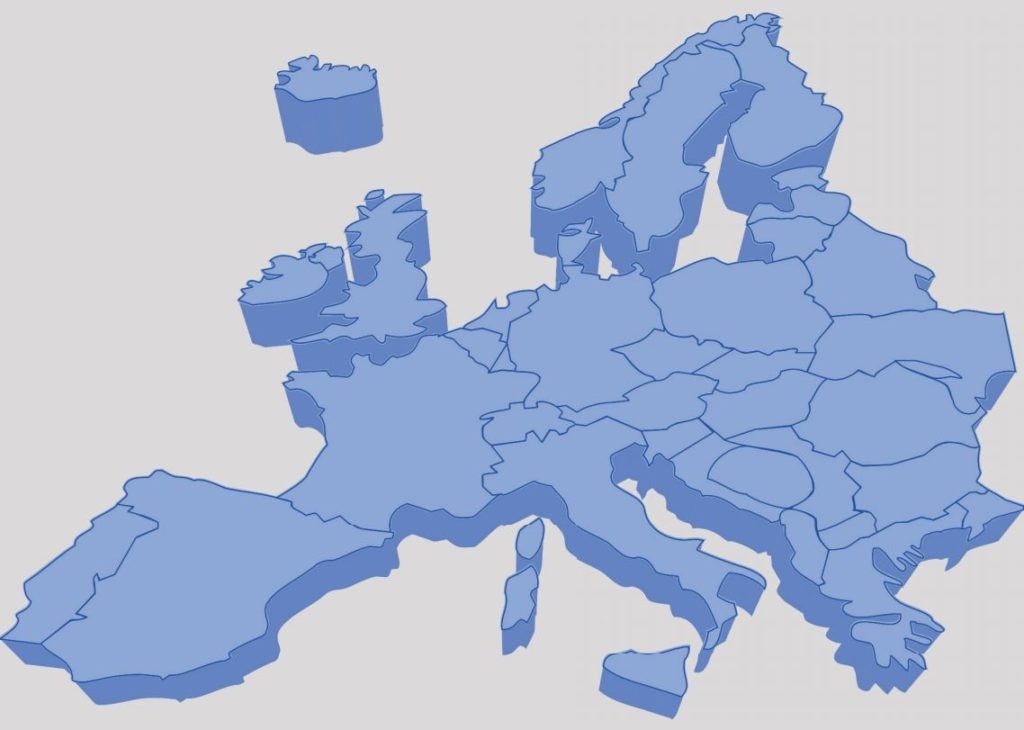After 47 years of EU membership with 27 other countries, the United Kingdom, on 31 January 2020 at 23:00 GMT bade farewell to the union. The longest of friendships can be broken, Brexit has proven.
A few years earlier, on 29 March 2017, Prime Minister Theresa May invoked Article 50 of the Lisbon Treaty to begin the process of leaving the EU, with the referendum of June 2016 writing this fate. The dismissal, however, was a quiet one, without the “bong” of Big Ben that many brexiteers desired; there was silence after the storm.

Analysts, economists and academics are now profusely writing and commenting on the future of Britain. BBC Radio 4 draws experts into their studios every day, who analyse the latest developments with Brexit, while articles across newspapers and journals are following suit.
“The hard work and tough decisions are yet to come”, according to a recent report published by the think-tank, The UK in a Changing Europe. Britain has now initiated the 11-month transition period during which it will continue to abide by EU rules. The aim is to strike a trade deal for future trade with the EU, and it aspires a Canada like deal. But this needs to be settled quickly as “time is short” according to Peter Barnes, Senior elections and political analyst at BBC News.
After all, it took the EU and Canada seven years for their deal back in 2016, so this will be no easy feat for the Conservative government.
“The first priority will be to negotiate a trade deal with the EU. The UK wants as much access as possible for its goods and services to the EU” noted Peter Barnes, while fearing that talks may only formally begin in March with the EU.
“If no trade deal has been agreed and ratified by the end of the year, then the UK faces the prospect of tariffs on exports to the EU.” (Brexit: What happens now?; bbc.com/news, 5 February 2020)
Writing for the New York Times, Benjamin Mueller noted that if “the two sides fail to reach an agreement, even a narrow one that leaves some issues for next year, Britain would crash out of the bloc with no deal at all, raising the prospect of tariffs and border disruption…”
Boris Johnson wants to break away from many European standards, including environment and safety; the UK wants to abandon its participation in the European Arrest Warrant scheme. However, “The more space Britain puts between its rules and Europe’s, the bloc’s leaders have said, the more they will hamper Britain’s access to the European market. Any restrictions of that sort would threaten British jobs, reliant as many of them are on European customers” said Mr Mueller. (What is Brexit? And what happens next?; nytimes.com, 31 January 2020)
Another voice, Sebastian Payne, a political journalist and the Whitehall correspondent for the Financial Times, has taken a more optimistic view saying that “the mandates of both sides show a steep path towards a deal: a basic one perhaps, but something that can be brokered this year. The initial cries that all is hopeless and we’re heading straight towards no-deal at the end of 2020 may be premature.” (Calm down, Brexit trade deal can be done; ft.com, 5 February 2020)
Writing in the “UK in a Changing Europe” report – a King’s College London based think-tank – the director, Anand Menon said that it was “hard to see anything more than the barest of bones deal being agreed by the end of the year”. The report’s authors also noted, “In the meantime, UK businesses that rely on trade with Europe will struggle…” (Brexit has only just begun, says think-tank; aljazeera.com, 4 February 2020)
As Ahmadi Muslims, we can only pray and hope for the best, for the United Kingdom – a nation that has been a leading example of tolerance, inter-religious freedom and harmony – and for the rest of the world, that this all leads to something positive.

